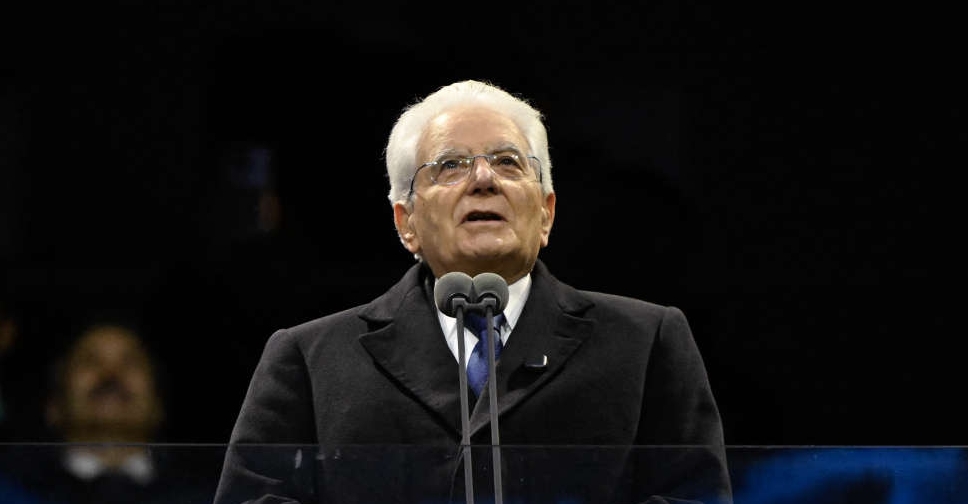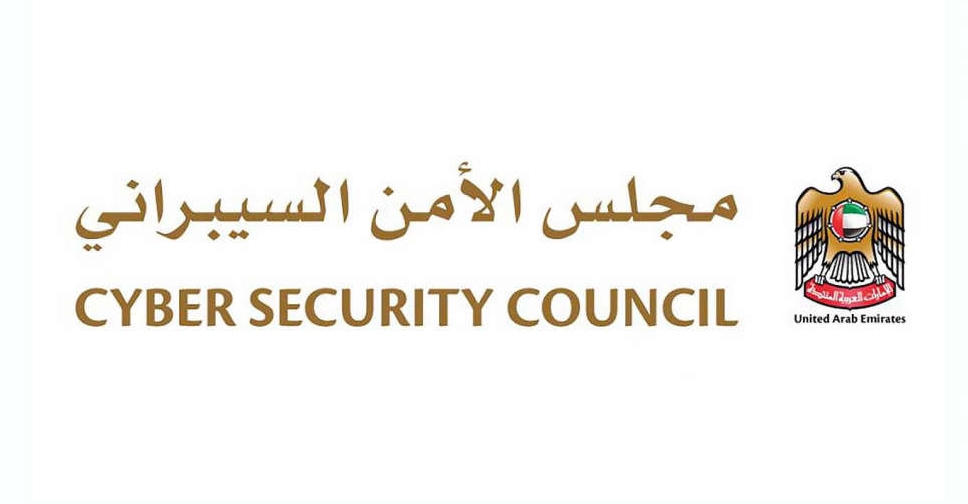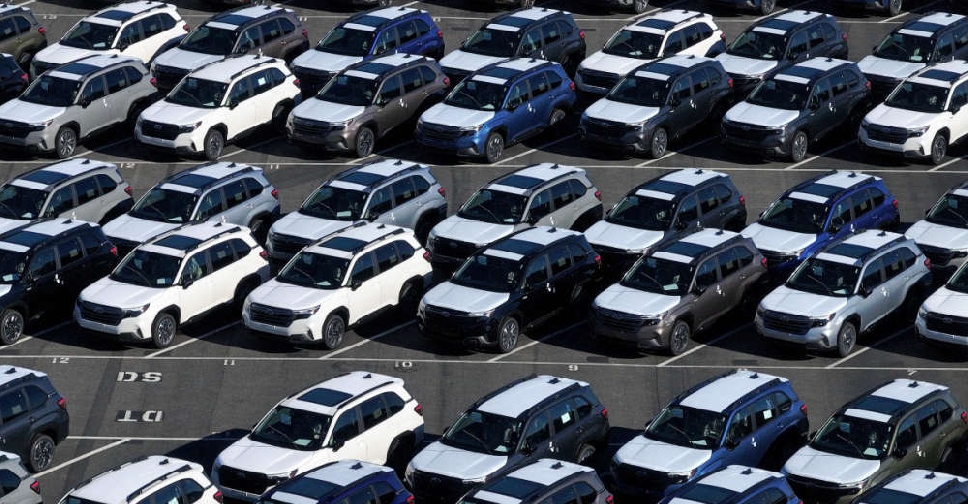
The United States and Japan struck a deal to lower the hefty tariffs President Donald Trump threatened to impose on goods from its Asian ally that included a $550 billion package of U.S.-bound investment and loans from Tokyo.
The agreement will bring immediate relief to Japan's critical autos sector with existing tariffs cut to 15 per cent from 25 per cent, and proposed levies on other Japanese goods that were set to come in on August 1 also cut by the same amount.
Autos make up more than a quarter of all Japan's exports to the United States.
"I just signed the largest TRADE DEAL in history with Japan," Trump said on his Truth Social platform. "This is a very exciting time for the United States of America, and especially for the fact that we will continue to always have a great relationship with the Country of Japan," he added.
Ishiba, who local media reported will soon resign after a bruising election defeat on Sunday, hailed the deal as "the lowest figure among countries that have a trade surplus with the U.S."
The U.S. investment package includes loans and guarantees from Japanese government-affiliated institutions of up to $550 billion to enable Japanese firms "to build resilient supply chains in key sectors like pharmaceuticals and semiconductors," Ishiba said.
Japan will also increase purchases of agricultural products such as U.S. rice, a Trump administration official said. Ishiba said the share of U.S. rice imports may increase under its existing framework but that the agreement would "not sacrifice Japanese agriculture."
The announcement ignited a rally in Japanese stocks, with the benchmark Nikkei climbing 2.6 per cent to its highest in a year. Shares of automakers surged in particular, with Toyota up more than 11 per cent, and Honda and Nissan both up more than 8 per cent.
The exuberance extended to shares of South Korean carmakers as well, as the Japan deal stoked optimism that South Korea could strike a comparable deal. The yen firmed slightly against the dollar, while European and U.S. equity index futures edged upward.
But U.S. automakers signaled their unhappiness with the deal, raising concerns about a trade regime that could cut tariffs on auto imports from Japan to 15 per cent while leaving tariffs on imports from Canada and Mexico at 25 per cent.
"Any deal that charges a lower tariff for Japanese imports with virtually no U.S. content than the tariff imposed on North American-built vehicles with high U.S. content is a bad deal for U.S. industry and U.S. auto workers," said Matt Blunt, who heads the American Automotive Policy Council which represents General Motors and Chrysler parent Stellantis.

 DEWA brings electricity and water services to ChatGPT
DEWA brings electricity and water services to ChatGPT
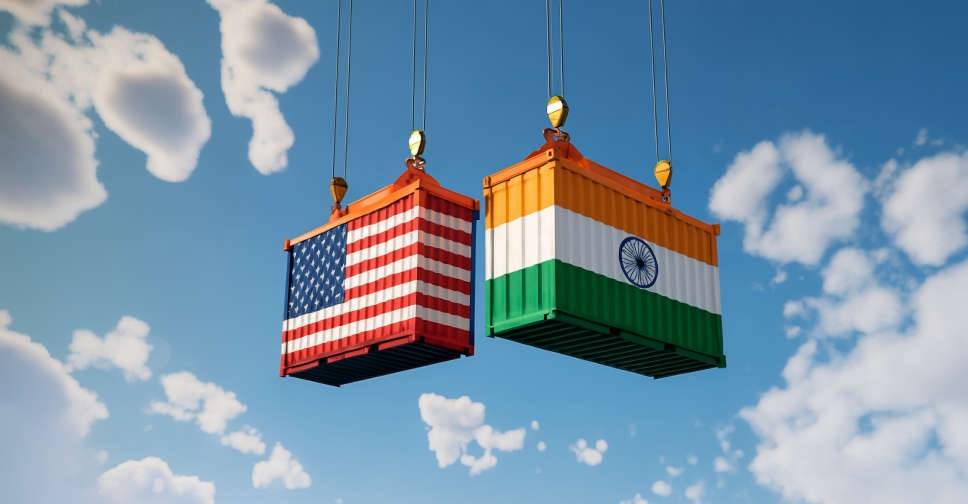 US, India unveil interim trade framework, move closer to broad pact
US, India unveil interim trade framework, move closer to broad pact
 Aldar, Dubai Holding announce next phase of strategic partnership
Aldar, Dubai Holding announce next phase of strategic partnership
 Dubai regulator fines investment firm AED 1.8 million over compliance issues
Dubai regulator fines investment firm AED 1.8 million over compliance issues
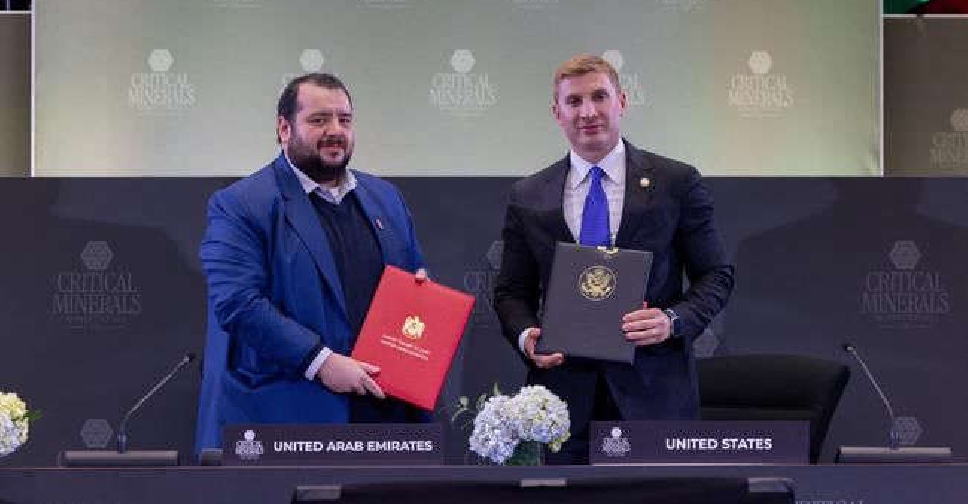 UAE, US sign framework to secure critical mineral supply chains
UAE, US sign framework to secure critical mineral supply chains

